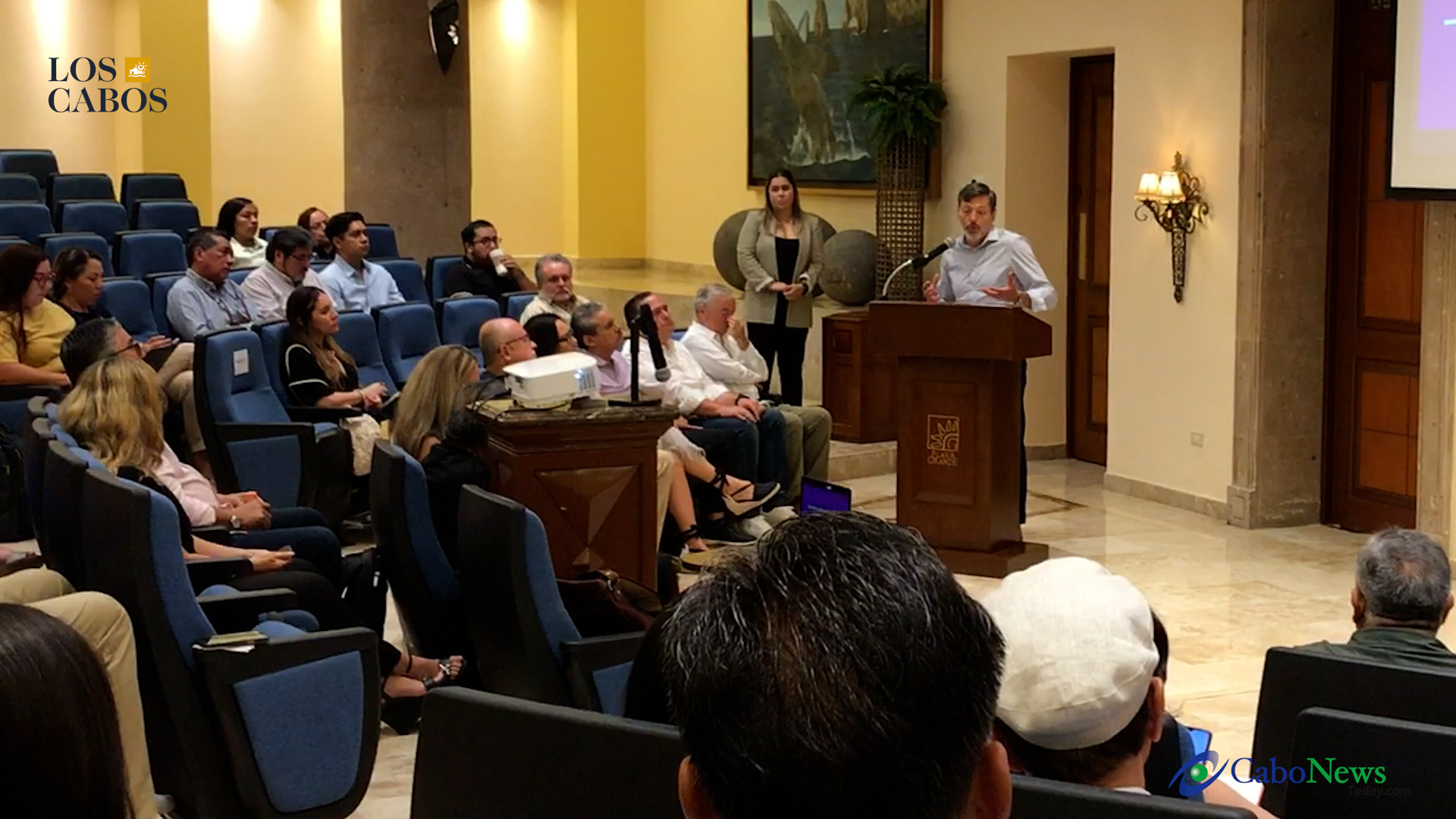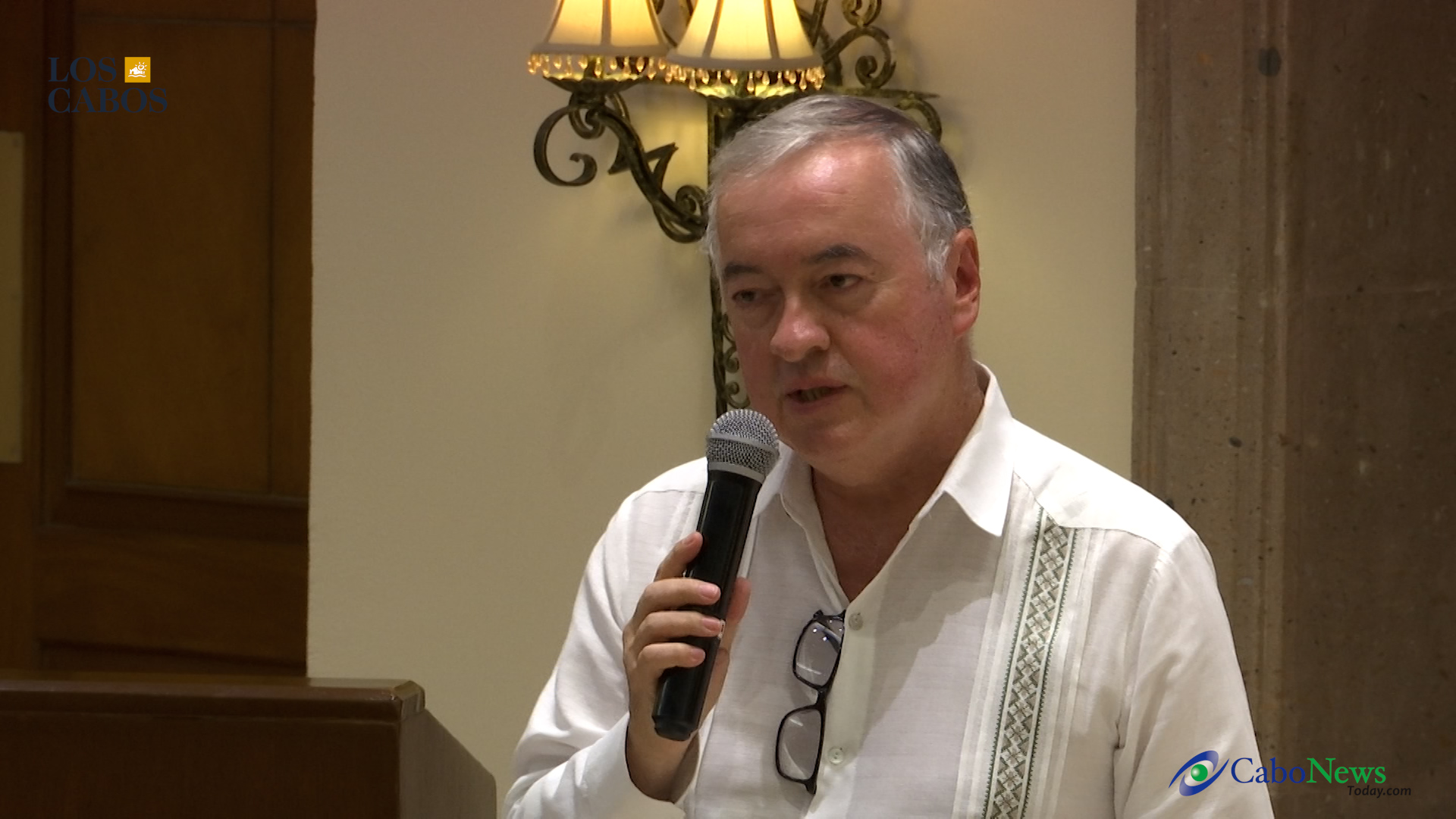Tourism as a Pillar of Social Prosperity in Baja California Sur

Tourism in Baja California Sur is not only a source of income and employment, but also plays a crucial role in reducing poverty and promoting social equity. This was highlighted by a recent study led by Francisco Madrid, Director of STARC Anáhuac Cancún, and Rodrigo Esponda, Director of the Los Cabos Tourism Trust (FITURCA) and presented in a well-known hotel in Cabo San Lucas.
Francisco Madrid highlighted the importance of tourism in Baja California Sur, where almost 40% of the state economy depends on this industry. Thanks to this dependency, the state has the lowest proportion of people in poverty and extreme poverty in all of Mexico. "What we did was resort to public sources of information, such as INEGI, Coneval, Social Security and the Ministry of Tourism itself, to build a story based on the social contribution of tourism," Madrid explained.
The reduction in social backwardness is evident in the state's municipalities, which present significantly better levels than the majority of the country. This industry not only provides employment, but also promotes social mobility and forms a robust middle class. It is notable that almost 30% of workers in the tourism sector are young people under 24 years of age, and it is the second activity that most employs women, with a gender pay gap lower than the national average.
Madrid highlighted that more than 90% of tourism companies in Baja California Sur are small businesses with less than 10 employees. "Tourism does not benefit only a small group of entrepreneurs. Here, many microentrepreneurs have the opportunity to start a business and get ahead," he commented.
The tourism industry is articulated through various productive chains that include everything from gastronomy to rural and adventure experiences, allowing economic benefits to be distributed more widely in society.
Rodrigo Esponda, head of FITURCA, emphasizes the responsibility of communicating and promoting the social, cultural and environmental relevance of tourism. "Our goal is for both the public and developers to understand the importance of creating the right conditions so that tourism continues to benefit everyone," he said.
FITURCA has observed that tourism in Los Cabos goes beyond the confines of hotels. Visitors seek to interact with nature and local culture, which drives sectors such as restaurants and rural activities to formalize and benefit from tourism. "These benefits are spreading to a broader sector," added Esponda.
Rodrigo also highlighted that the success of tourism in Baja California Sur is the result of a collective effort between the public, private and academic sectors. This collaboration has allowed tourism activity to not only continue to grow, but also to do so in a sustainable and equitable manner.
In conclusion, tourism in Baja California Sur is not only an economic industry; It is an engine of social change. This sector not only creates jobs, but also promotes equity and social mobility, demonstrating that it can be an effective instrument to promote shared prosperity in the state.


- Created on .